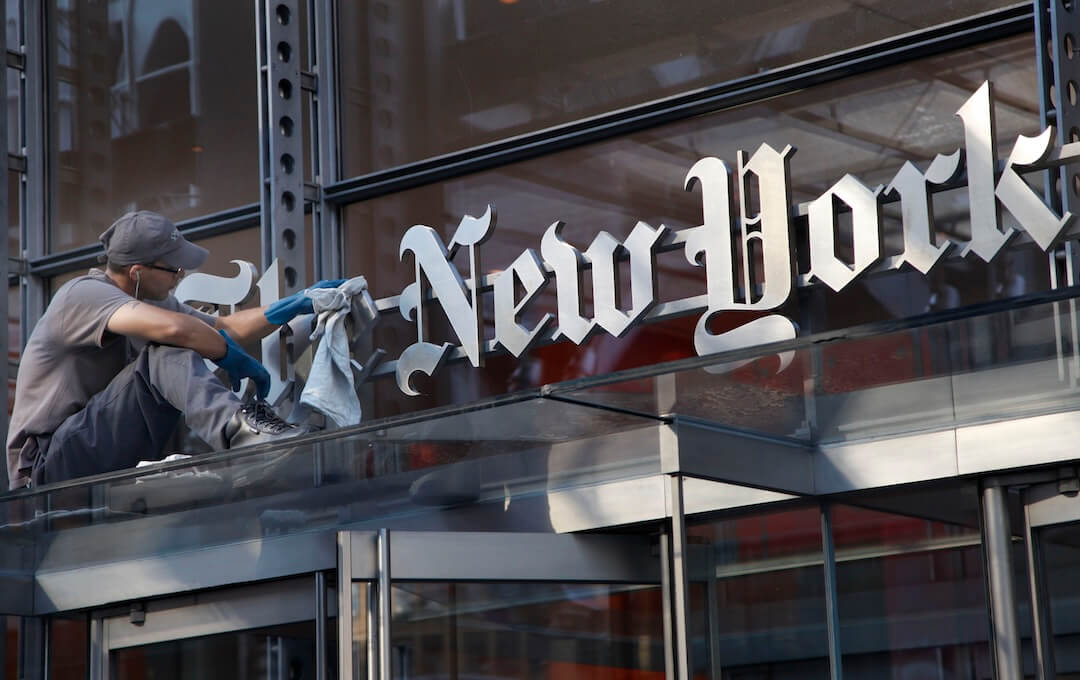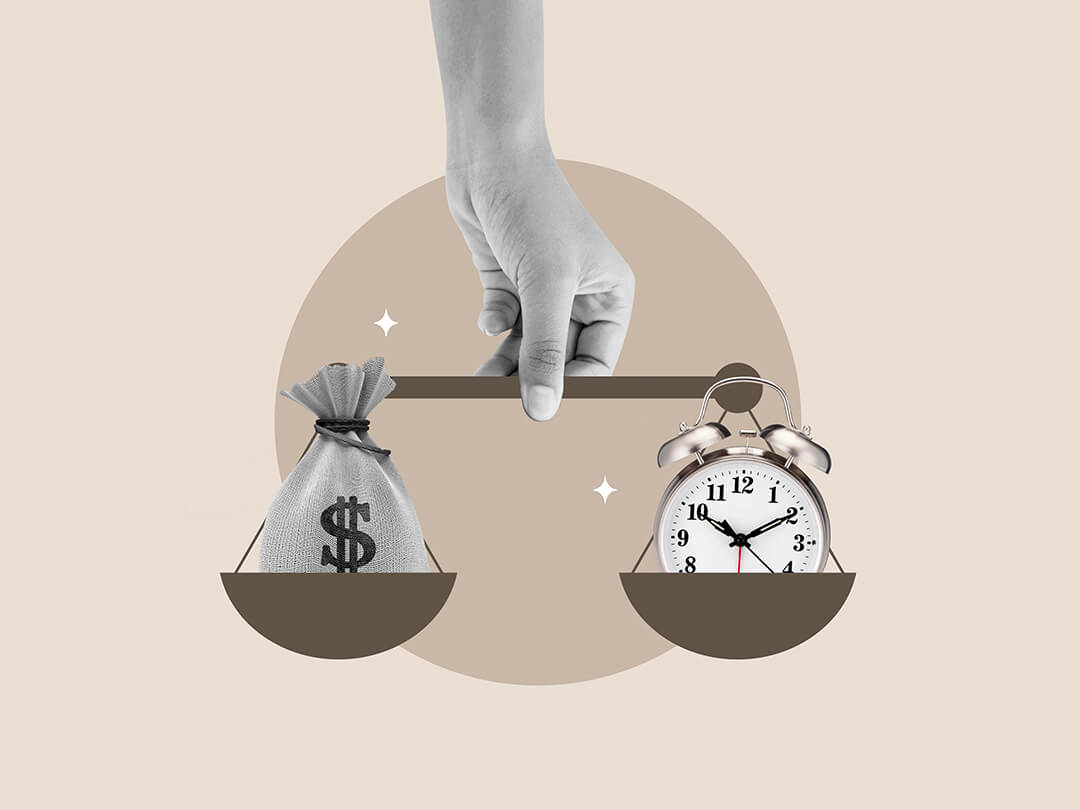Facebook’s Oversight Board upheld the platform’s permanent ban of former President Donald Trump’s account for now, but said that while Trump did create an “an environment where a serious risk of violence was possible,” it was unjust to keep him off the platform indefinitely.
In a statement published to the board’s website, it said “it was not appropriate for Facebook to impose the indeterminate and standardless penalty of indefinite suspension” and insisted “that Facebook review this matter to determine and justify a proportionate response that is consistent with the rules that are applied to other users of its platform.”
The board gave Facebook six months to do so.
Facebook indefinitely suspended Trump’s account a day after the deadly Jan. 6 attack on the U.S. Capitol. In the hours after the attack, Trump took to Facebook to try to ease tensions by telling the mob, “we love you,” and repeating falsehoods about the outcome of the 2020 presidential election. His account was suspended shortly after.
While some fact-checkers expressed support for Trump’s removal from the platform, most said his absence barely made a dent in their day-to-day work. PolitiFact executive director Aaron Sharockman noted that prior to the ban, fact-checkers participating in Facebook’s Third-Party Fact-Checking Program were unable to evaluate Trump’s post because of his position as president. (Full Disclosure: Fact-checking organizations are required to be signatories to the International Fact-Checking Network’s Code of Principles to be eligible to partner with Facebook).
“So in one sense, nothing has changed for us without him on the platform,” Sharockman said. He noted that had Trump’s account been reinstated, fact-checkers could have evaluated his posts. “And if we think it’s important, we will fact-check his account.”
Gemma Mendoza, head of digital strategy for the Philippine media outlet Rappler, said Trump’s deplatforming was an extreme but necessary measure.
“Obviously much needs to be done in terms of enforcement of platform policies that will address repeatedly abusive behavior on social media, but for me, it was a step in the right direction,” Mendoza said. She added fact-checking can go a long way towards combating repeated spreaders of disinformation, but argued there needs to be a stronger emphasis on enforcement for prolific spreaders.
“This should apply to ordinary users, but most especially to leaders like Trump because their capacity to influence larger population groups, hence cause more harm,” Mendoza said. “In fact, political leaders, given their power, should be held to higher standards.”
FactCheck.org director Eugene Kiely agreed that deplatforming prolific misinformation spreaders like Trump can have a measurable impact on the spread of falsehoods, but cautioned the tactic is not a silver bullet.
“It has its limits, particularly when one platform takes action but another one doesn’t,” Kiely said. “Robert F. Kennedy Jr. had his Instagram account suspended, but he remained on Twitter and his website, Children’s Health Defense, is still on Instagram, and we continue to fact check CHD’s posts.”
In Trump’s case, the Facebook ban will lock him out of the most prolific social media platforms permanently. Twitter announced in February it would not allow Trump to return to its platform even if he tries to return to the White House.
However, Rabiu Alhassan, editor of the Ghanaian fact-checking organization GhanaFact, cautioned that Trump’s loyal following may be able to overcome any potential ban.
“Don’t forget that now he has a cult following and that takes it to a whole new level. Whether he is president or not,” he said.







